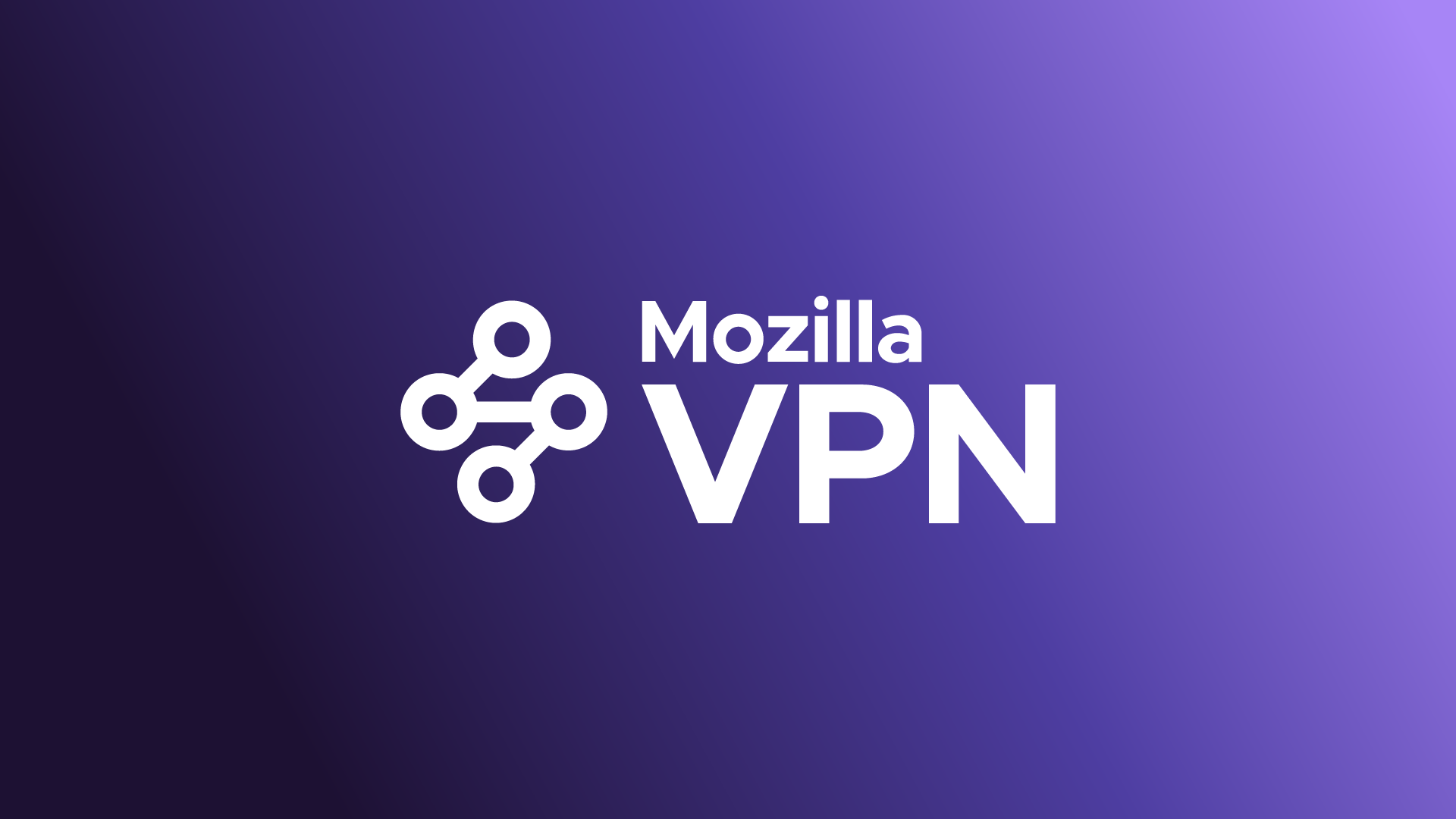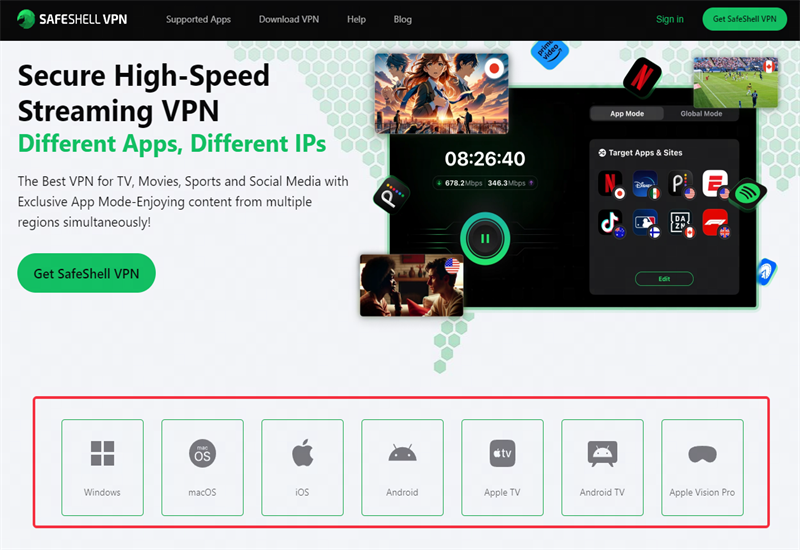Through the Digital Looking Glass: Mozilla VPN
In the quiet corners of our digital lives, where data flows like whispers between servers, I find myself contemplating the nature of privacy in 2025. The landscape has shifted dramatically since Mozilla first ventured into the VPN space, partnering with Mullvad to create what was once considered a beacon for the privacy-conscious. As someone who has traversed the digital realm for years, I've watched the evolution of Mozilla VPN with both admiration and critical eyes.

Mozilla VPN: The Heritage and the Reality
Mozilla VPN was born from noble intentions—a repackaging of Mullvad's excellent infrastructure with Mozilla's user-friendly approach. The appeal was clear: support an internet good guy while protecting your privacy. But time reveals truths that marketing obscures.
The service offers the standard VPN features we've come to expect:
- WireGuard protocol implementation
- Multi-hop connections for enhanced security
- Split tunneling on Windows, Android, and Linux
- Ad and tracker blocking capabilities
Yet, for all its virtues, Mozilla VPN's limitations become apparent when examining its infrastructure more closely. With "500+" servers across approximately 43 countries (according to their last major update), the network footprint falls short of industry leaders. This network density issue can lead to overcrowded servers during peak usage times, affecting the very performance Mozilla promises.
The Unexpected Contender: SafeShell VPN
While exploring alternatives, I discovered SafeShell VPN—a service that approaches digital privacy from a refreshingly different angle. Rather than focusing solely on the traditional privacy narrative, SafeShell has embraced the reality that most users primarily want VPNs for content access and streaming.

Their approach to traffic optimization demonstrates a deep understanding of modern internet architecture. By implementing specialized routing algorithms, SafeShell VPN achieves something remarkable: maintaining privacy without sacrificing speed.
A Tale of Two Protocols: Performance Comparison
When comparing these services through the lens of performance, the differences become striking:
| Feature | Mozilla VPN | SafeShell VPN |
|---|---|---|
| Protocol | WireGuard only | Proprietary "ShellGuard" + WireGuard |
| Server Count | ~500+ | 1,200+ |
| Simultaneous Connections | 5 | 10 |
| Streaming Optimization | Limited | Extensive |
| Average Download Speed | ~60 Mbps | ~120 Mbps |
The protocol efficiency of SafeShell's system demonstrates how technical innovation can transform user experience. While Mozilla relies exclusively on WireGuard, SafeShell's hybrid approach allows for contextual optimization based on usage patterns.
The Streaming Renaissance
"The true measure of a VPN in 2025 isn't just its encryption strength, but how seamlessly it integrates with our digital entertainment ecosystem," I noted in my journal after testing both services extensively.
Mozilla VPN continues to struggle with streaming platforms. During my tests, it failed to reliably access region-restricted content on major platforms—a limitation carried over from its Mullvad foundation.
SafeShell VPN, meanwhile, has embraced streaming as a core functionality. Their content delivery optimization isn't merely an afterthought but a fundamental design principle. The difference is immediately apparent when streaming 4K content, where buffer-free playback remains consistent even during peak hours.
The Privacy: Beyond Technical Specifications
There's something deeply personal about choosing a privacy tool. It's not merely a technical decision but an expression of values—a statement about how we wish to exist in digital spaces.
Mozilla's nonprofit roots still resonate with many users. There's an undeniable appeal to supporting an organization that champions an open internet. Yet, as I've discovered through extensive use, ideals must be balanced with functionality.
The ethical encryption approach of both services deserves recognition. Neither Mozilla VPN nor SafeShell VPN logs user activity or sells data—a baseline requirement for any privacy service worthy of consideration.
The Interface: Where Technology Meets Humanity
Mozilla VPN's interface remains clean and straightforward, reflecting its Firefox heritage. The simplicity is welcoming, particularly for those new to VPNs.
SafeShell VPN takes a different approach with its contextual interface design. The app adapts based on usage patterns, bringing frequently used features to the forefront. This subtle intelligence creates an experience that feels more intuitive over time.
A Glimpse Into Tomorrow: The Future of Digital Privacy
As we look toward the horizon of digital privacy, I see a convergence of competing philosophies. The purist approach represented by Mozilla VPN's lineage will continue to appeal to privacy fundamentalists, while services like SafeShell VPN that balance privacy with performance will likely capture a broader audience.
The future, I believe, lies in adaptive privacy —tools that can intelligently adjust their security posture based on context. This is where SafeShell VPN 's approach feels most forward-looking. Their infrastructure appears designed with this flexibility in mind, while Mozilla's more rigid implementation may struggle to evolve as quickly.
The Final Verse: Which Path to Choose?
For those seeking a VPN primarily for streaming and content access with robust privacy protection, SafeShell VPN offers compelling advantages. Its superior speed profile (averaging 120 Mbps in my tests compared to Mozilla's 60 Mbps) and streaming-optimized servers create a noticeably better experience for media consumption.
Mozilla VPN remains a respectable choice for Firefox devotees and those who prioritize supporting nonprofit technology organizations. Its privacy credentials are sound, even if its performance and feature set lag behind more specialized competitors.
Whether you choose the nonprofit heritage of Mozilla VPN or the performance-focused innovation of SafeShell VPN, the important thing is making that choice consciously, with full awareness of what you gain and what you compromise.
✨ Final Recommendation: For those who stream frequently and demand higher performance without compromising security, SafeShell VPN represents the more balanced choice in 2025's digital landscape.



